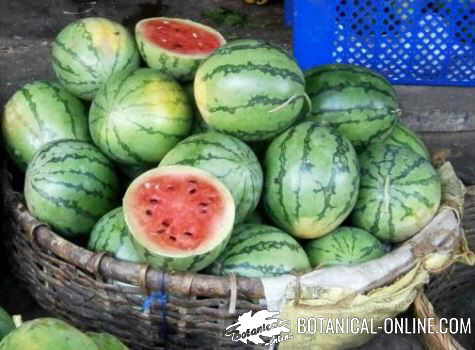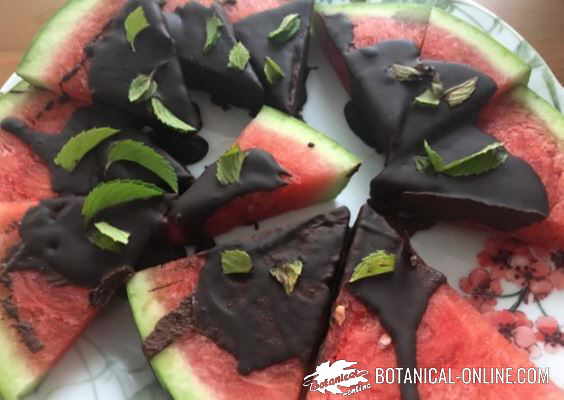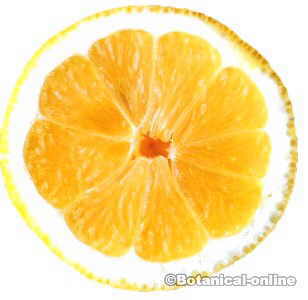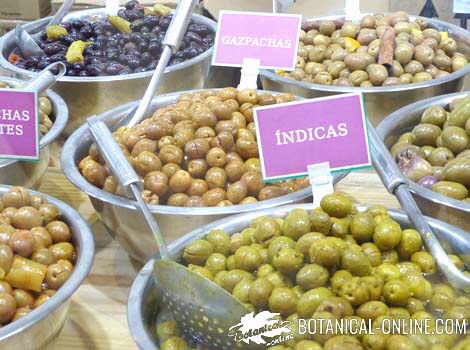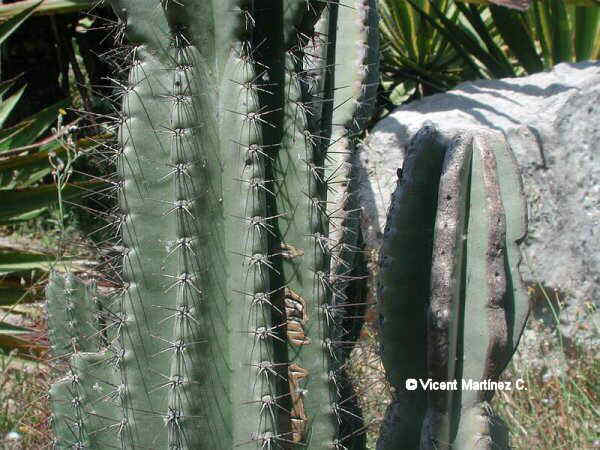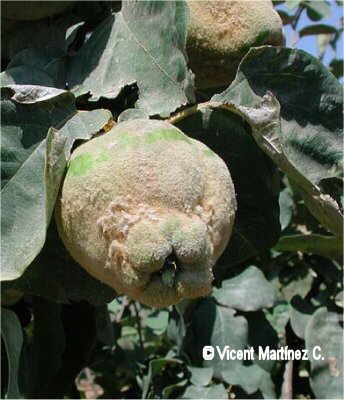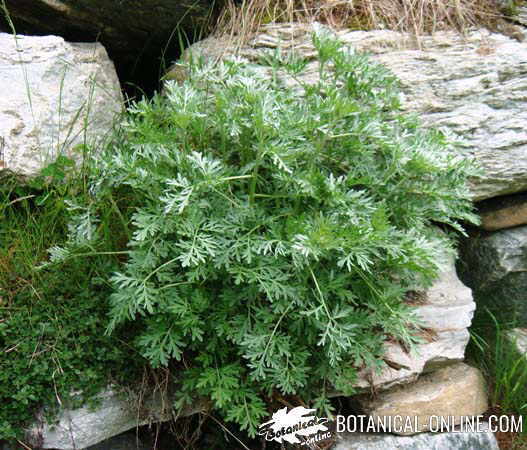Contents
- 1 Nutritional properties of watermelon
- 1.1 What are watermelons?
- 1.2 What are watermelons good for?
- 1.3 Watermelons are very rich in lycopene
- 1.4 Watermelons are rich in vitamins
- 1.5 Watermelon contains a lot of vitamin B
- 1.6 Watermelons are a light fruit with a very high water content
- 1.7 Minerals of watermelon, manganese and potassium
- 1.8 Do watermelons have a lot of sugar?
- 1.9 Differences between watermelons and melons
- 1.10 What are more fattening, watermelons or melons?
- 1.11 Benefits of watermelon in the diet
Nutritional properties of watermelon
 Photo of watermelon slice, showing the pulp and some seeds |
What are watermelons?
Watermelon (Citrullus lanatus var. Lanatus) is a typical fruit of the summer season. It is native to the southern African region, and its main feature is to store large amounts of water.
It does not have many calories, vitamins, or minerals. Antioxidants are the most outstanding components.
What are watermelons good for?
Watermelons mainly contribute with a lot of water (more than 90% of their composition), therefore they are a very important source of hydration, especially in summer.
About its nutritional value, the fact is that, by dissolution, this fruit contains very few calories, vitamins and minerals.
What stands out most from watermelons is their high content of vitamin A (in the form of carotenes) and lycopene. Both substances are potent antioxidants.
Summarizing the properties of watermelon, we would have the following benefits:
- It moisturizes a lot
- It keeps hunger away
- It is low calories
- It is rich in fiber and antioxidants
Watermelons are very rich in lycopene
Watermelon is rich in lycopene, which is the dyeing substance that gives watermelon its peculiar red or pink color.
Lycopene, is the same component to which tomatoes owe their red color. This component is very beneficial because of its medicinal properties for the body. Among all of them, we can point out the prevention of many types of cancers or its power to lower bad cholesterol.
Once ingested lycopene into is one of the best antioxidants. The intake of this flavonoid can help prevent many diseases and delay aging.
Watermelons are rich in vitamins
Watermelons, like melons, are very rich in vitamin A, in the form of carotenes.
In much less proportion, another very important vitamin that contains watermelon with antioxidant properties is vitamin C, which, among other virtues, helps form collagen which makes it ideal for healing wounds caused by trauma, cuts, burns, surgery, etc.
It will also be suitable for the formation of new tissues in problems of broken bones, muscular strains, rupture of ligaments, etc.
Watermelon contains a lot of vitamin B
Watermelons in a market |
In addition to vitamin A and vitamin C, watermelons have quite high amounts of vitamins of group B. Among all, specially pyridoxine (vitamin B6) whose function in the body is to metabolize carbohydrates, fats and protein. besides regulating the nervous system. A lack of this vitamin can cause, among other symptoms, nervousness, sleep problems, learning difficulties or muscle weakness.
It also contains Vitamin B3 (Niacin) without whose presence the body’s cells would be unable to produce energy. This vitamin helps maintain cholesterol levels low, lowers blood pressure, protects the digestive system and allows us to have good skin.
Therefore, eating watermelons is a good way to dispose of these vitamins in a natural way, without having to resort to vitamin supplements that can cause overdose problems. (More information)
For its water content, if we eat watermelon during the summer months, it will calm our thirst, avoiding dehydration and heat problems. We will enjoy its sweetness and, more importantly, we will strengthen the body’s defenses against polluting products or toxins outside of our own body.
Watermelons are a light fruit with a very high water content
For its water content, if we eat watermelon during the summer months, we will quench thirst, avoiding dehydration and heat problems, we will enjoy its sweetness and, more importantly, we will be able to reinforce the body’s defenses against contaminating products or the toxins of our own organism.
Nor should we forget that our skin suffers many aggressions from the excess of solar radiation, from the dry atmosphere of the beach, or from the lack of humidity during this season. Watermelons will help keep skin healthy and have shiny and beautiful hair, while protecting us from dehydration and compensate for exposure to the sun rays allowing us to look a more beautiful and safe tan.
Minerals of watermelon, manganese and potassium
We must not forget the richness of watermelons in minerals, especially manganese, necessary for the formation of bones, for the nervous system and to take advantage of proteins.
Watermelon has slightly diuretic properties, as it contains enough potassium to counteract sodium and increase urination. It removes excess water from the body and is adequate during weight loss diets, gout and arthritis.
Do watermelons have a lot of sugar?
Watermelons are fruits with a low content of carbohydrates, they contain approximately 7 gr of sugar for two pieces (100g). To make a comparison, blueberries (which are one of the fruits with fewer carbohydrates) have 4g of sugar per 100g serving. And a large piece of apples or oranges (about 150-200g) have between 15 and 18gr of sugar.
Many people believe that watermelon should not be taken by people with diabetes. However, that is not exactly true. Although it is true that the diet for diabetes is to moderate the consumption of sugars, watermelon is a fruit with little sugar and diabetics tolerate it well, provided that it is consumed whole, without added sugar, and in moderate amounts.
Is watermelon very rich in sugar?
Differences between watermelons and melons
Although watermelon and melons are fruits belonging to different plants, people are often trying to compare one with another. Even when they appear in supermarkets there is a tendency to put them against each other as if they were brothers.
More than brothers, we could say that they are “cousins”. Both belong to the same family (Cucurbitaceae) but to different genres (Citrullus and Cucumis, respectively). This relationship gives these two fruits very similar food properties.
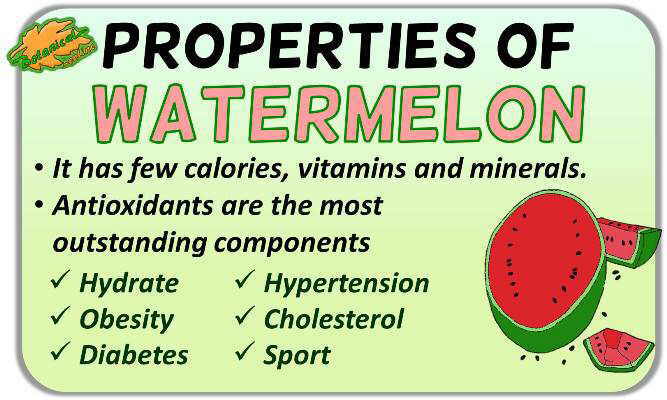
Properties of watermelon and its benefits: it stands out above all as a moisturizing food and for its content in antioxidants: lycopene and carotene
What are more fattening, watermelons or melons?
The first thing people ask is which of them should be more slimming. It is normally believed that watermelon has a lot fewer calories than melon and therefore it is less fattening. The differences are very small. 100 g of cantaloupe or honeydew provide 35 calories, while 100 g of watermelon provides 32, which indicates that they have virtually the same caloric power.
If we consider that the potassium content of watermelon is nearly half that of the melon, you probably come to the conclusion that melon can be better than watermelon in the diets of people who want to remove fluid or lose weight.
Benefits of watermelon in the diet
Watermelon pizza with peppermint and chocolate. See recipe |
Moreover watermelon contains much less sodium than melon, so it will be more useful for people who must take foods low in salt. Watermelon is ideal for those with hypertension, and for all those who need a food with diuretic properties: sufferers of arthritis, gout, obesity, diabetes, kidney stones, or cholesterol, conditions where watermelon offers superior properties to melon.
In general, we can say that watermelon is less vitaminizing and mineralizing than melon, except in Vitamin A and calcium. It contains much less vitamin C, so its antioxidant properties are lower than in melon. Its content of phosphorus and iron are also lower. It has less fiber than melon, although melon fiber is very adequate to prevent constipation.
We rate the melon and watermelon as genuine “low calorie sweet snacks” when compared to other sweet foods, such as cookies or chocolate. Taking a piece of these fruits as a snack for children is an ideal way to nourish them and, at the same time, to kill the craving sweets. The calories from watermelon carbohydrates will provide a longer and lasting energy that fats and with less contraindications. This same property is very useful to calm the cravings of pregnancy.
Watermelon and melon composition per 100g | ||
| Watermelon | Melon (Cantaloup) | |
| Water | 91, 51 g | 89, 78 g |
| Calories Kcal | 32 Kcal | 35 Kcal |
| Fats | 0, 43 g | 0, 28 g |
| Carbohydrates | 7, 18 g | 8, 36 g |
| Fiber | 0,5 g | 0,8 g |
| Potassium | 116 mg | 309 mg |
| Iron | 0,17 mg | 0,21 mg |
| Manganese | 0,037 mg | 0,047 mg |
| Sodium | 2 mg | 9 mg |
| Phosphorus | 9 mg | 17 mg |
| Magnesium | 11 mg | 11 mg |
| Calcium | 8 mg | 11 mg |
| Vitamin C | 9 mg | 42 mg |
| Vitamin A | 366 IU | 322 IU |
| Vitamin B 1 | 0.080 mg | 0.036 mg |
| Vitamin B 2 | 0,0 20 mg | 0,0 21 mg |
| Niacin | 0, 200 mg | 0, 574 mg |
| Folic acid | 2 mg | 17 mg |
Contraindications of watermelon
* Related information: how do you know a watermelon is ripe?
![]() More information on watermelon
More information on watermelon

